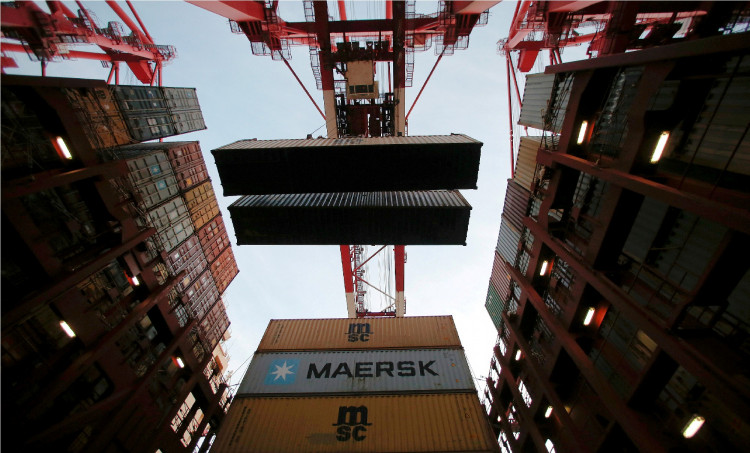China within the year is expected to announce the elimination of all duties at the Shanghai Free Trade Zone (Shanghai FTZ) while easing procedures at this key export zone in a new attempt to restore pep to its economy groaning under the weight of Trump's trade war.
Analysts also said China is looking to establish itself as the world leader in promoting free trade in contrast to the Trump administration's focus on mercantilism and protectionism.
The plan, which has yet to be confirmed by Beijing, will see foreign firms exempted from customs duties for goods transiting or stored in the Shanghai FTZ. Exporters will be able to store their merchandise temporarily without customs clearance at the FTZ and benefit from simplified customs procedures.
Currently, duties are imposed by customs at the Shanghai FTZ, which is China's first FTZ. Opened for business in 2013, the Shanghai FTZ was founded with the aim of easing international trade, including making cross-border money flows more flexible.
The plan will be discussed by China's economic managers during their annual gathering in the seaside resort town of Beidaihe this month, according to sources in Beijing. The inclusion of U.S. products and companies in the project will also be the subject of debate.
Discussions about further liberalizing business at the Shanghai FTZ comes amid Trump sharply escalating the U.S.-China trade war on Aug. 1 when he threatened to impose 10 percent tariffs on the remaining $300 billion worth of Chinese goods imported into the United States starting September 1.
The Shanghai FTZ got the attention of foreign businesses and was hailed as one of China's boldest reforms in decades when it was opened.
Sources in the government said if the Shanghai experiment is successful, the plan might be rolled out to China's 12 other FTZs.
During his visit to the Shanghai in July, Chinese Premier Li Kerqiang vowed greater efforts into further reform and open China's economy. He urged the Shanghai FTZ to align with "advanced international levels," said the official Xinhua News Agency.





